Failing Is Better Than Giving Up Because Failure Shows What's Not Right, While Giving Up Shows, That
Failing is better than giving up because failure shows what's not right, while giving up shows, that we didn't even deserve a chance.
More Posts from Bernatk and Others
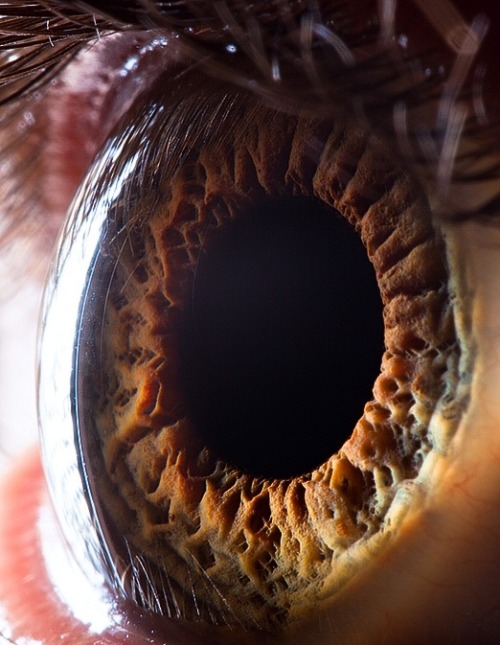


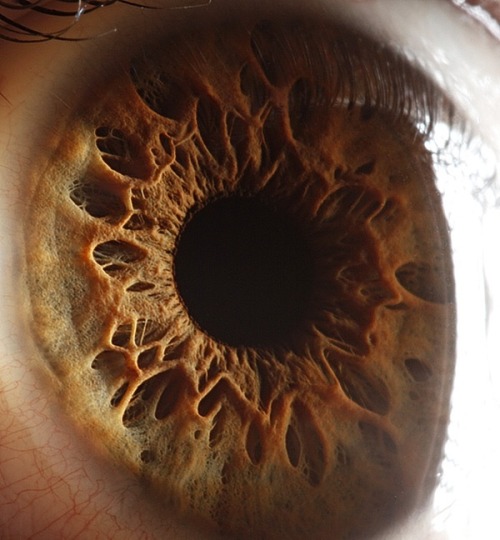
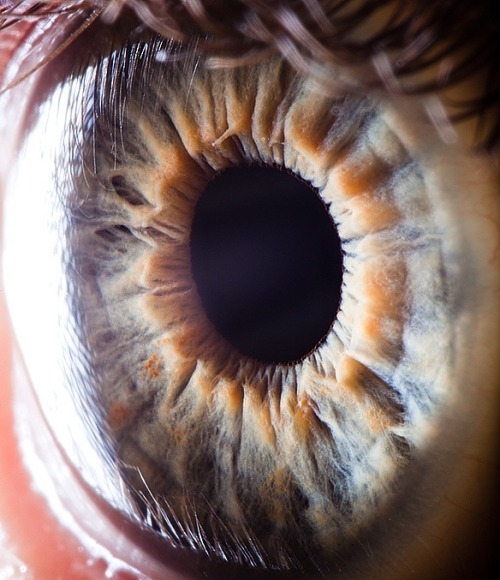
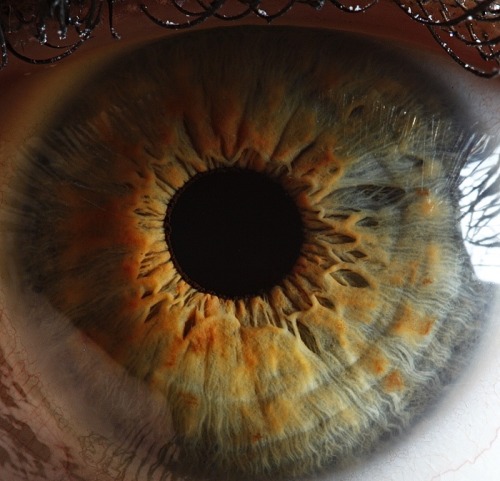
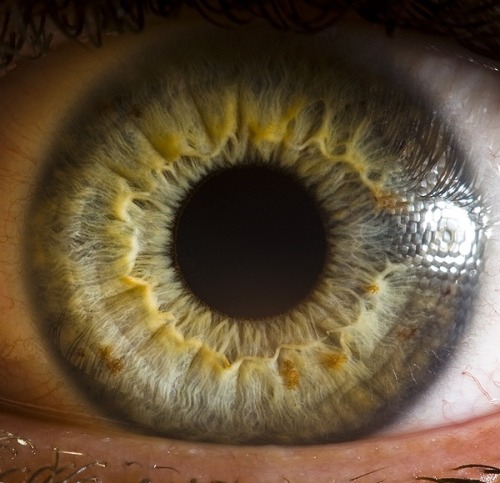
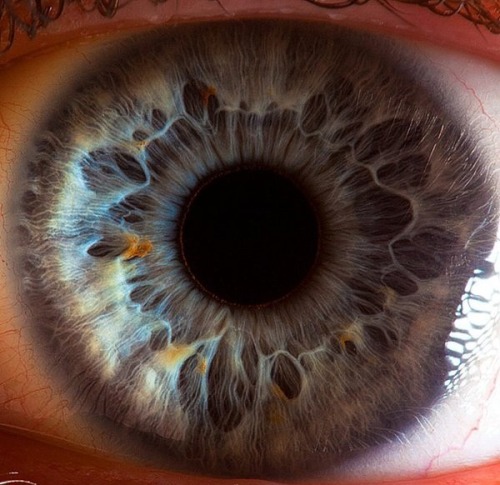
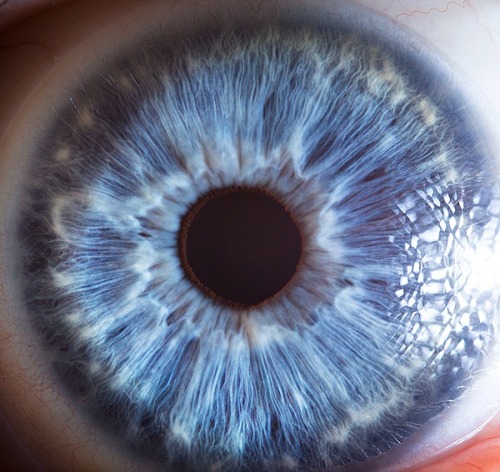
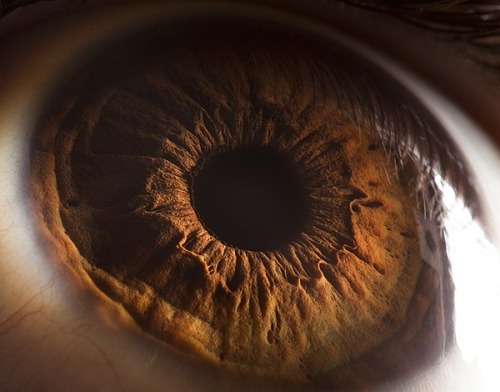
Extreme close-ups of human eyes by Suren Manvelyan
Frankenstein? You Certainly Have No Idea
A while ago I wrote a similar post about Bram Stoker’s Dracula, where I explored how we’ve gradually departed from the original concept and eventually turned the whole story inside out--the way it’s usually believed to be today.
Horror and genre fiction in general are looked upon as solely entertaining literature. It is best represented by enormous fandoms around horror stories that are really the shallow water of the stream of art--yes, I’m referring to Stephen King.
Although is it not supposed to be more? Shouldn’t horror really be more than a good fright? Obviously I ventured out to write this post because I strongly believe horror can have more profound dimensions and it should. Actually, my opinion is mainly informed by Stoker’s Dracula and Shelley’s Frankenstein (and a good portion is a result of reading Poe extensively in my teen years, as it shows in the post later).
Let me begin by explaining a bit about contemporary horror’s genesis. As a branch of literature it has very little to do with books, it is only an indirect continuation to the tradition. Today’s horror comes from a set of movies, some of which were book adaptations or remotely inspired by them. Actually one name is a recurrent theme here: Bela Lugosi, a.k.a. the king of horror--much more so than anyone would have thought. His version of Dracula has proven more enduring than the written one, so the underlying themes of Stoker’s novel, which even concerned the metaphysical at times, are lost, quite tragically. Also, the popular image of Frankenstein’s monster comes from the 1939 Rowland V. Lee movie Son of Frankenstein. The shape of the creature, its mindlessness, the castle, the assistant--every bit people associate with Frankenstein is a direct result of the movie, hardly any of which actually features in the novel.
A written genre originating from a visual one is encased in the limitations of both--what could not be visually understood won’t appear, and the same applies to the written part. It is an almost unimaginable thing but originally these horror stories barely ever showed the horror. “Why, we have that today,” the ignorant reader might say but the horror of old times was not filled with the today commonplace suspense and disgust elements.
In this post I focus on the method of Shelley in Frankenstein: Her approach was what we would today call the purist. Her novel embodies horror--the dictionary’s definition of it actually. She only ever tells as much about the monster that it exists, reluctantly adding that it’s too hideous to behold and once dropping that its hand resembles that of a mummy. The main instrument of this story is a very long line of deaths but only in the purist spirit, as well.
A prolonged prologue commences with establishing the members of an extended family. They are talented, intelligent, wealthy, charitable people, who are just the dream of the era. After individually stating about every relation how enviable and admirable they are, the monster is briefly introduced. No lightning is involved here, only the statement that Victor Frankenstein, the visionary, somehow figures out how to bestow life upon things and then, once the monster is created, he instantly regrets it and falls into a state of mental breakdown over the realization of how unhallowed his work is. The monster then lives alone for a while, gradually comprehends that he is frightening to humans and feels that he is forced into a perpetual state of solitude, which he loathes more than anything--so much so that he will burn down the entire world if necessary to get himself a companion. And that’s about it. The monster asks Frankenstein to create him a mate but as he refuses he decides to avenge him as the creator of his desperation through killing everyone he holds dear. Enter the death of all characters...
The horror is how Frankenstein watches everyone he loves being killed at the unstoppable hands of his own creation. His guilt and reflections at it are horror. He is horrified. Horrified. He--along with the invested reader--is not exactly startled, nor disgusted, but profoundly horrified.
But there’s more to this story than just being the original horror. I explored that dimension only because of the framework of today’s horrible, genre-redefining novels.
As contemporary horror tries to grasp what visually equates horror, all content is lost. Shelley operates with what Poe designated as the horror-writer’s most powerful instrument: “The death of a beautiful woman, is unquestionably the most poetical topic in the world.” In human relations the most extreme loss is that of one’s child but the loss of someone one loves tenderly comes in as a spectacular second, with a much more elevated pathos.
The reason this is preferred by Poe and a myriad of authors is that a parent-descendant relationship is a natural one, where choice has roughly no role, whereas in a romantic relationship, while having a powerful natural component, active choice is central. This is why a parent losing a child usually goes with the line: “A parent should not live to see their child die,” when a lover’s loss comes with: “They were taken from me.” So, while the first kind of death evokes the more profound pain, the second one is the more aesthetic. It is a better case of antagonism: what one actively binds themselves to, pledges to unite their identity to, is actively deprived from them by a second actor, thus their willing choice for whom they would value most highly in life is irrevocably undone.
The peak is then the death of a beautiful woman but it can only be a real peak if the beauty of that woman is fully realized.
An interesting juxtaposition can be made here between the book’s model and the contemporary one. The book emphasizes multiple faculties, such as intelligence, a charitable nature, intuition and nobility of character, whereas today’s model is derived from the passions of the flesh. Contemporary theories favor a simplifying approach, which marks the core of all traits the sexual of a person. However, Frankenstein is a great example of how it used to be a valid action to discrete the sexual, the intellectual and the emotional. Today it would be called repression of the true motives (the sexual), since all the faculties associated with beauty are just expressions of the deeper, truer core of identity. Feminists of the past would have pointed out that the death of the beautiful woman symbolizes Shelley’s vision of the intelligent, competent woman’s fate, as she is determined to die, even by the principles of literature (or Poe). Today’s most progressive feminists, though, would confine this story to the literal body of women, however, not only a story but women, and all people, are much larger than bodies.
But Frankenstein is not the perfect novel. Whereas it succeeds at many things and has its outstanding merits, it does fail at anticipating what the reader can guess, as Frankenstein misinterprets a supposedly enigmatic line and prepares for his own death, when his soon-to-be wife is threatened. Sadly the target is so obvious that it’s impossible to believe what the protagonist believes to come next but, as I have stated before, this is a completely marginal element of the story and perhaps even Shelley didn’t want to make it a really elaborate twist...
All in all Frankenstein is the beacon of the lost genre of horror. But beside its literary quality it might also be a reminder to the readers that there used to be a way of thinking that thought it possible to abstract from the material.
How to be afraid

Be afraid that you'll drop-out from school and you'll never find another one where you can fit in. Be utterly frightened that your book will never be published and that it's rubbish. Be genuinely fearful of the fact that your body can break-down in any minute because you have a disease that you think you're "too young for". Be worried about never finding a proper job. Be scared of never finishing anything. Be completely, undeniably and irreversebly drenched with fear and worries.
It's 00:12 here, in my parents' kitchen, where I write these lines, while listening to some classy music, that I invited to create the illusion of uppercase-life. But all this, around me, is built on I don't know what. I'm supposed to know, I ought to know but somehow I feel struck by worries. I've been the guy who never felt fear, the one who never regretted failure. But the ground has been shrinking under my feet and I wasn't paying attention and now I'm just floating in nothing. I feel miserable and defeated. My body is broken and so is my spirit. I know I shouldn't give in to the circumstances but I feel vulnerable and hurt. I'm immensely frightened.
Oh goodness, why am I saying this nonsense? This attitude in itself is the manifestation of everything I am against. The Bible says I should pray and do it with a thankful heart. It's extremely hard to do. But not impossible. I'm thankful for the love of my life (yes, I know we're young). I can't express how thankful I am for the promise of eternal life. This is something, that most of you can't put your fingers on. Well neither can I. But I feel that it is not a lie or fantasy. I believe because I have this splinter in my soul, shrieking: YOU'RE SAVED. And I am, indeed. My faith is not the one of the weak. It's the one of humans. Because none of us can fight or trick death. We all are subjects to it. We all are limited and vulnerable. We are creations. I find my hope and basically my life in the Creator of all of us. Even in these times. So, cheer up :)
Hope comes with faith. Faith is originated from past experiences, revelations and decisions, while hope in the other hand, is belief in uncertain things of the future, which could not be thought of without the first word of the sentence. Of course, without hope, what good would faith be?
-
 hangap liked this · 12 years ago
hangap liked this · 12 years ago -
 bernatk reblogged this · 12 years ago
bernatk reblogged this · 12 years ago
I mostly write. Read at your leisure but remember that my posts are usually produced half-asleep and if you confront me for anything that came from me I will be surprisingly fierce and unforeseeably collected. Although I hope we will agree and you will have a good time.
213 posts
